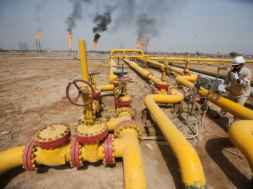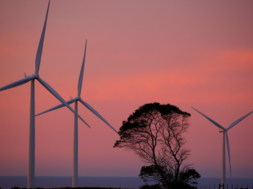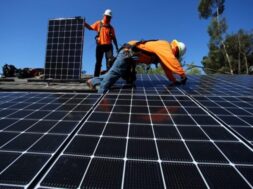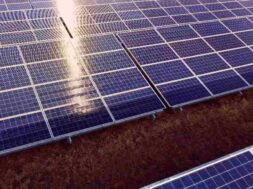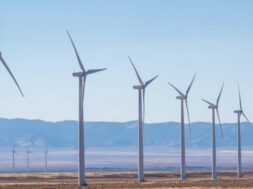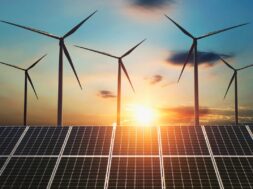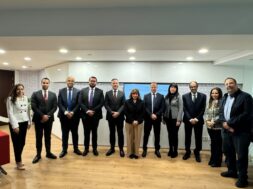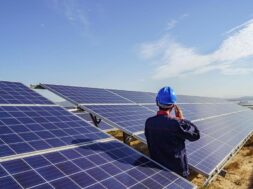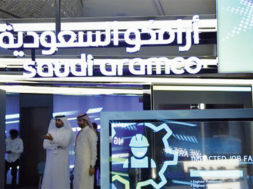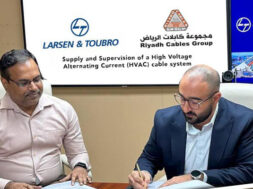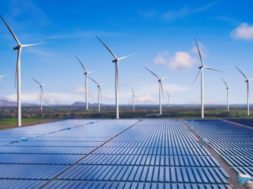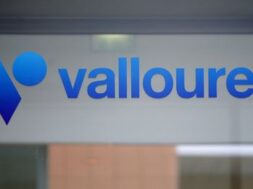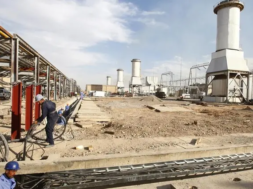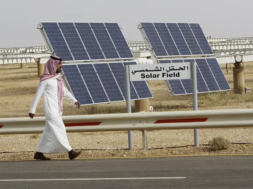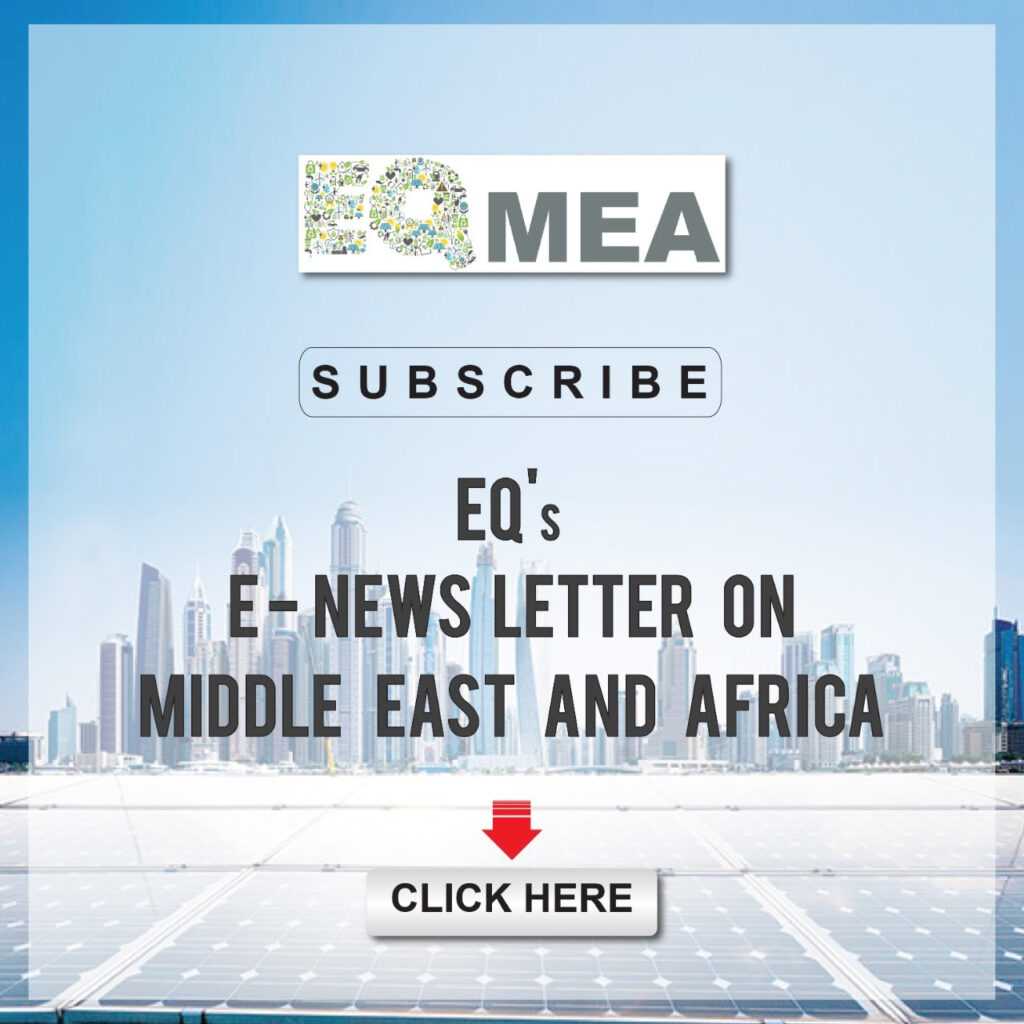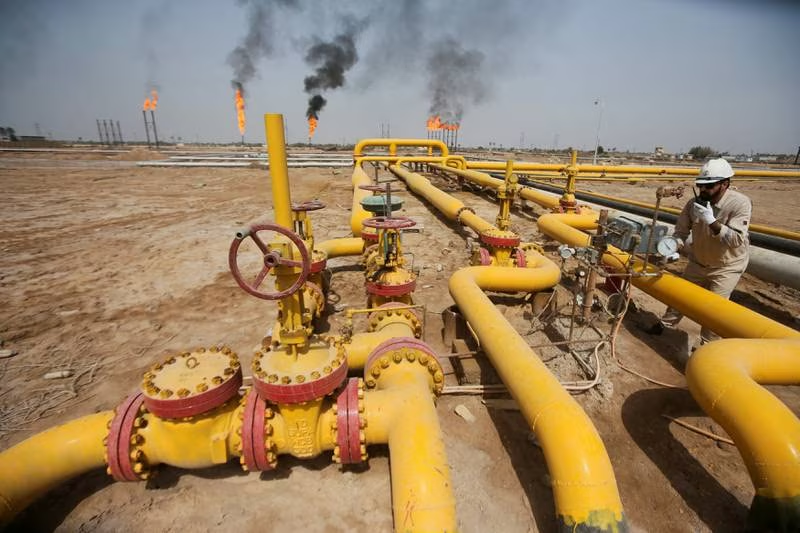
A constructive relationship with the GCC is emerging, centred on energy, water and climate
Over the past two decades, Iraq has faced economic structural issues, an underdeveloped private sector, political instability and violence, making it a challenging business environment.
While the country remains fragile it has the fourth-largest population in the Arab world, is the second-biggest oil producer in Opec and has the third-biggest conventional oil reserves globally.
Now, the stars may be aligning for a constructive relationship between Iraq and GCC member states, centred on energy, water and climate.
The newish government under Prime Minister Mohammed Shia Al Sudani has, for the first time, managed to pass a three-year, rather than a one-year, budget, promising some more continuity of planning.
The budget is almost entirely underpinned by oil revenue and would only break even at an oil price of $119 per barrel. Brent crude closed last week at $76.61.
Oil and gas industry in Iraq – in pictures
Out of $153 billion of spending, only $37.9 billion is for investment, much of it relating to old, uncompleted projects.
Baghdad will have to attract much more foreign direct investment to progress its ambitious oil and gas sector targets, build industries to diversify the economy, fix the woeful electricity and water sectors, and construct the infrastructure to support everything else.
Iraq’s population is expected to reach 75 million by 2050, from nearly 44 million today, which would be second only to Egypt in the Arab world. And these young people want water, electricity, air conditioning, clean air – and beyond that, jobs and opportunities.
Iraqi politics and its economy are heavily influenced by its big eastern neighbour, Iran.
Iraq has had some positive features from energy co-operation with Iran, such as the construction of a three gigawatt gas power station in Basra and another plant in Najaf by Iranian company Mapna. Iran is a major supplier of electricity and gas.
But these provisions are frequently interrupted by shortages on the Iranian side, technical problems, or attempts to extract overdue payment or exert political leverage, as happened last month.
Dams in Iran reduce water flows into Iraq, although Turkey is much more culpable. Last Thursday, Baghdad agreed to pay Tehran $2.76 billion of debts for gas and power after a US sanctions waiver.
Iran may also be behind rocket attacks on gas installations and the home of a leading Kurdish oil businessman last year, designed to exert political pressure on the Kurds to fall in line with Tehran’s plans for the new government.
Even when Iran wants to be more constructive, its offerings are limited by sanctions constraining access to international technology and finance.
The Russians are also hampered by sanctions and have priorities elsewhere. Chinese companies are strong in the oil sector, but have perhaps become too dominant for Baghdad’s comfort, after western corporations scaled back their presence.
Turkish engineering contractors are major players, but have not directly invested much in the energy sector. So there is a need for GCC investment.
There have been some encouraging, tangible recent developments. Sharjah-based Crescent Petroleum finally got a sign-off in February on three oil and gas blocks it was awarded in 2018.
In April, QatarEnergy took a 25 per cent stake in a major integrated gas, oil, water and solar project near Basra with France’s TotalEnergies. Saudi Arabia’s Acwa Power will join the French company on the solar component of the deal.
Acwa is also trying to advance a one gigawatt solar project in central Iraq, while Abu Dhabi’s state clean energy developer, Masdar, has plans for projects across four governorates totalling one gigawatt.
The GCC Interconnection Authority has launched long-discussed plans to connect electricity-starved Iraq to its grid, with a 1,800 megawatt capacity line through Kuwait initially providing 500 megawatts.
Iraq’s electricity demand in summer reaches more than 34 gigawatts, while its creaking plants and leaky grid can crank out only about 21 gigawatts, leading to lengthy power cuts and the use of noisy, dirty, expensive neighbourhood diesel generators.
The UAE, Saudi Arabia, Qatar and Oman host some of the world’s largest and lowest-cost solar farms.
More familiar with the risks and idiosyncrasies of Iraq than their western counterparts, their state-owned and private power and water companies can develop large solar, wind and desalination projects.
Several innovative Dubai-based businesses that install smaller solar systems for homes, malls and factories, such as Enerwhere and Yellow Door, could work with local installers such as Bazian Solar in the Kurdistan region.
Beyond the limited GCC Interconnection Authority link, a more ambitious plan could see much more Gulf electricity delivered to Iraq, including the surplus of solar generation that will emerge in the coming years.
Although not an immediate prospect, Iraq is also a key jigsaw piece for integrating the Gulf into a wider electricity grid spanning the Levant, North Africa and Turkey.
Gas is another obvious area for co-operation, as in the TotalEnergies and QatarEnergies project.
Iraq badly needs to cut flaring of the unused by-product gas from oil production and bring it to power stations and industries.
Ethane, a component of natural gas, is a key feedstock for petrochemicals and could offer an avenue for expansion for companies such as Saudi Arabia Basic Industries Corporation.
More ambitiously, the UAE, Qatar and Saudi Arabia could sell gas to Iraq. That might be a more economical undertaking than expanding liquefied natural gas exports in the anticipated crowded market of the late 2020s, or producing “blue” hydrogen for export over long distances.
Recent experience would allow the GCC and its banks and sovereign wealth funds to develop suitable financing schemes for new refineries, oil and gas pipelines, power stations, renewable energy sites and electricity cables.
The Cop28 climate conference starting in November in Dubai is also an opportunity to build on dialogues on clean energy finance, policies towards net-zero carbon and tackling problems of water and desertification.
The restoration of diplomatic relations between Riyadh and Tehran in March, mediated by Beijing, may make it easier for them to work in Iraq – not together, but at least at a respectful distance.
Iraq is too big to stay out of the Arab economic mainstream: energy can be the start of bringing it back.
Robin M. Mills is the chief executive of Qamar Energy and author of The Myth of the Oil Crisis
